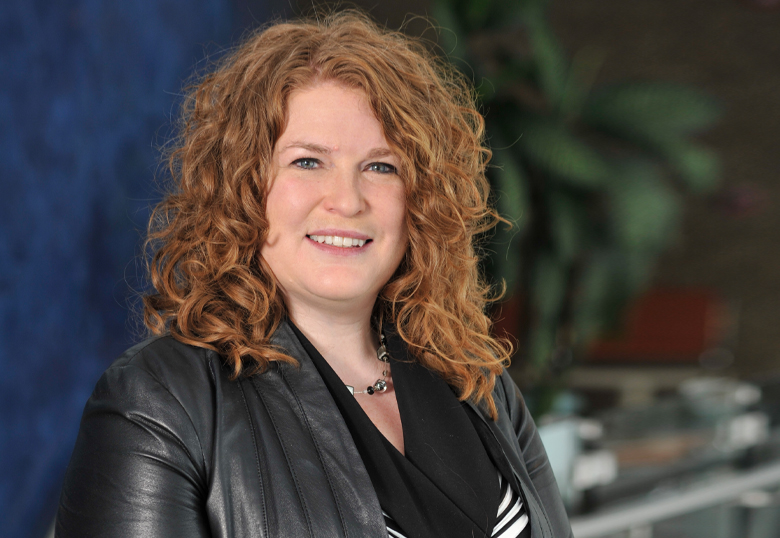A leading researcher in rural water management is poised to assume a senior management role with the University of Lethbridge.

Dr. Dena McMartin has been approved by the U of L Board of governors as the University’s new Vice-President (Research). Her appointment will begin July 1, 2021.
“We are thrilled to add Dr. McMartin to our senior leadership team,” says U of L President and Vice-Chancellor Dr. Mike Mahon. “Dena brings a reputation as an outstanding researcher in an area of great importance to our area, and has done excellent work on a local, national and international level. As a woman in science and advocate for women in STEM fields, she will further enhance our University’s gains in this area, and we are excited about the innovative approaches she will bring to this role.”
McMartin comes to the U of L from the University of Saskatchewan where she has served as the associate provost, Institutional Planning and Assessment since July 2019. Prior to that, McMartin was the Assistant Vice-President (Research) and Director, Research Services and Ethics for two years. She was previously Associate Vice-President (Academic and Research) and professor at the University of Regina, as well as associate faculty at Royal Roads University.
“I think this is the next step in really expanding my skills and experiences,” says McMartin, who grew up in the small Saskatchewan resort town of Watrous-Manitou Beach. “The University of Lethbridge is at a tipping point in terms of growth, visibility and building from the strengths that have been developed over the last several years. To me, it's a really interesting time to bring in some new innovative ideas and work with a university that you can still wrap your arms around.”
McMartin’s research program focuses on rural water quality and quantity needs in Canada and abroad, impacts of climate extremes on water availability and rural livelihoods, characterization and remediation of oilsands-process water contamination, and best practices in agriculture for improved water quality and quantity management.
She is well aware of the University’s strength in water research initiatives as well as the overall breadth of the U of L’s research program.
“I think one of the challenges I'll have is trying not to collaborate on everything I hear about,” she says. “When I read about a lot of the research taking place on campus, and the people who are doing that work, it's compelling, it's exciting and it's really high impact.”
McMartin is an environmental engineer by trade, earning her Bachelor of Agriculture and Bioresource Engineering, as well as a master’s and PhD in Environmental Engineering, from the U of S. She recognized early in her educational journey that, as a woman in a male-dominated industry, she had a platform to enact change.
“You start to see that maybe you're doing something different or unusual, and that has informed a lot of the work I've been doing, particularly over the last 15 years or so in the promotion and support for women in STEM (science, technology, engineering and mathematics),” she says.
She’s a member of a variety of national engineering boards and, in particular, one that is focusing on integrating diversity into science and engineering research.
“We’re looking not only at gender and sex, but also the intersectionality of visible minorities, BIPOC, Indigenous understandings and traditional ways of knowing, to inform our research,” says McMartin. “I'm trying to walk the talk and not just say that it's important. I want to make sure I’m moving the needle forward with my actions.”
McMartin is enthused about the opportunities and challenges she’s inherited in taking on this new role.
“I'm really excited and truly honored to be joining the University of Lethbridge later this summer,” she says. “It's a new community and a new province for me to develop relationships and networks. I think we're going to have some very interesting conversations and a lot of fun building and growing the research programs at the University.”
